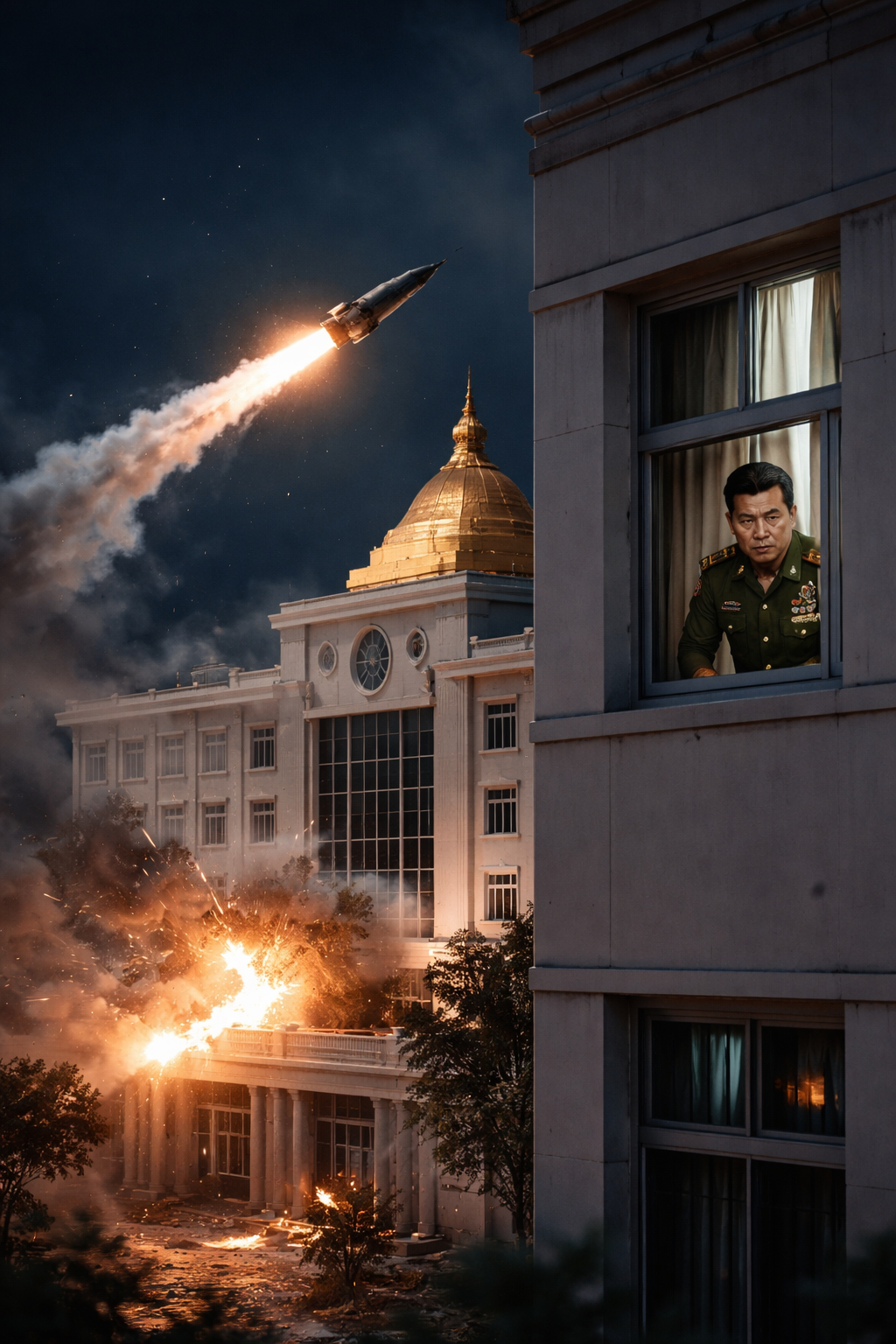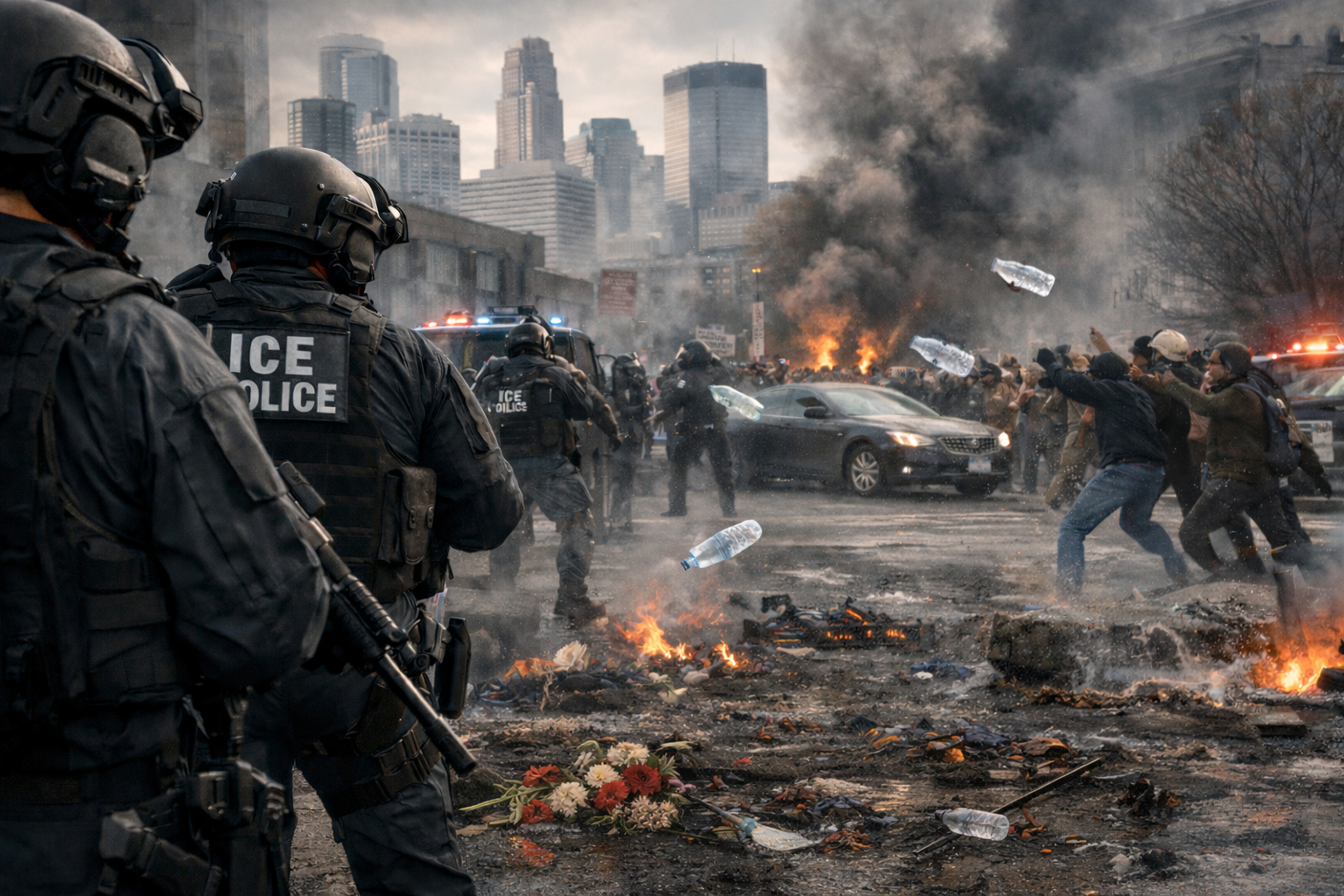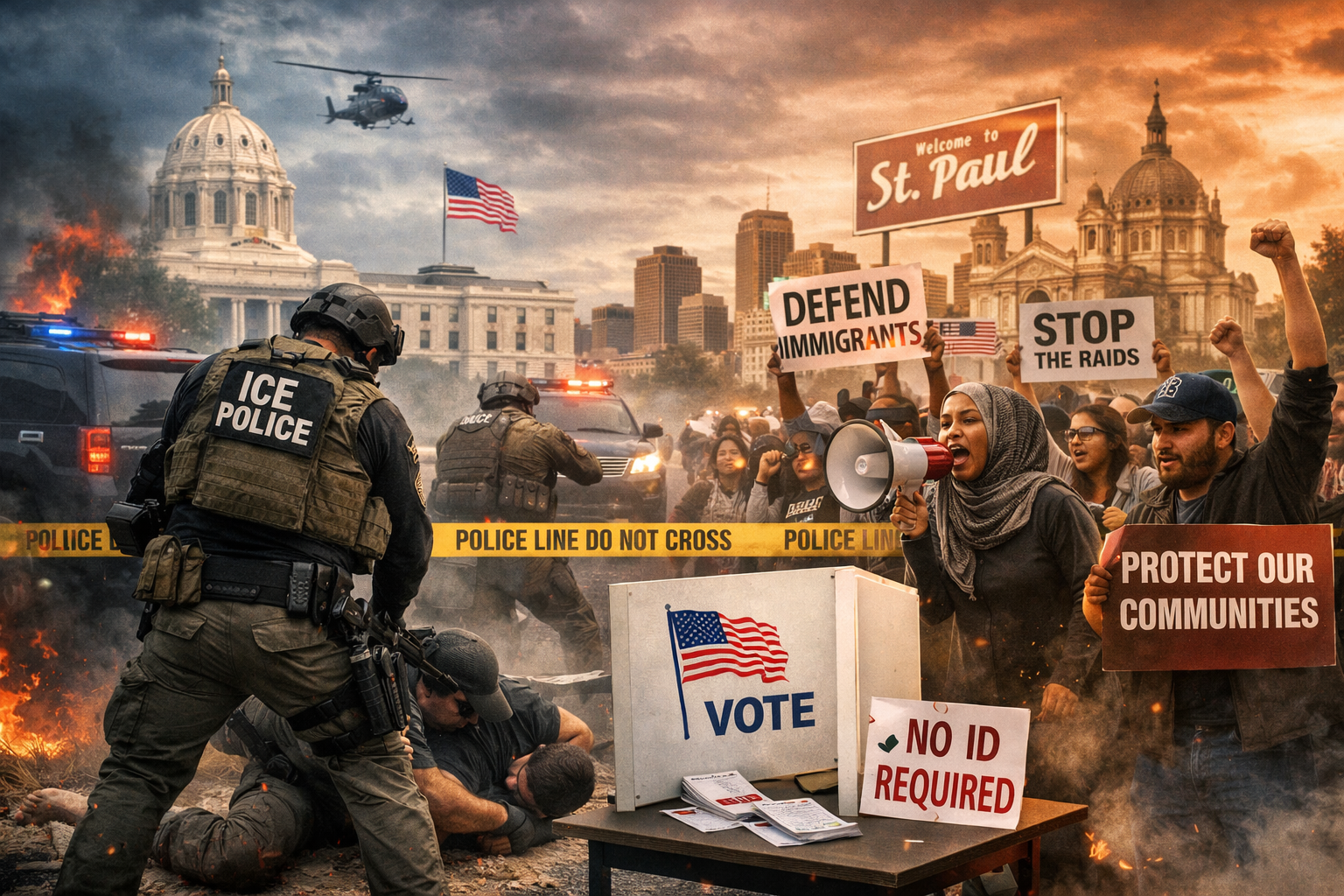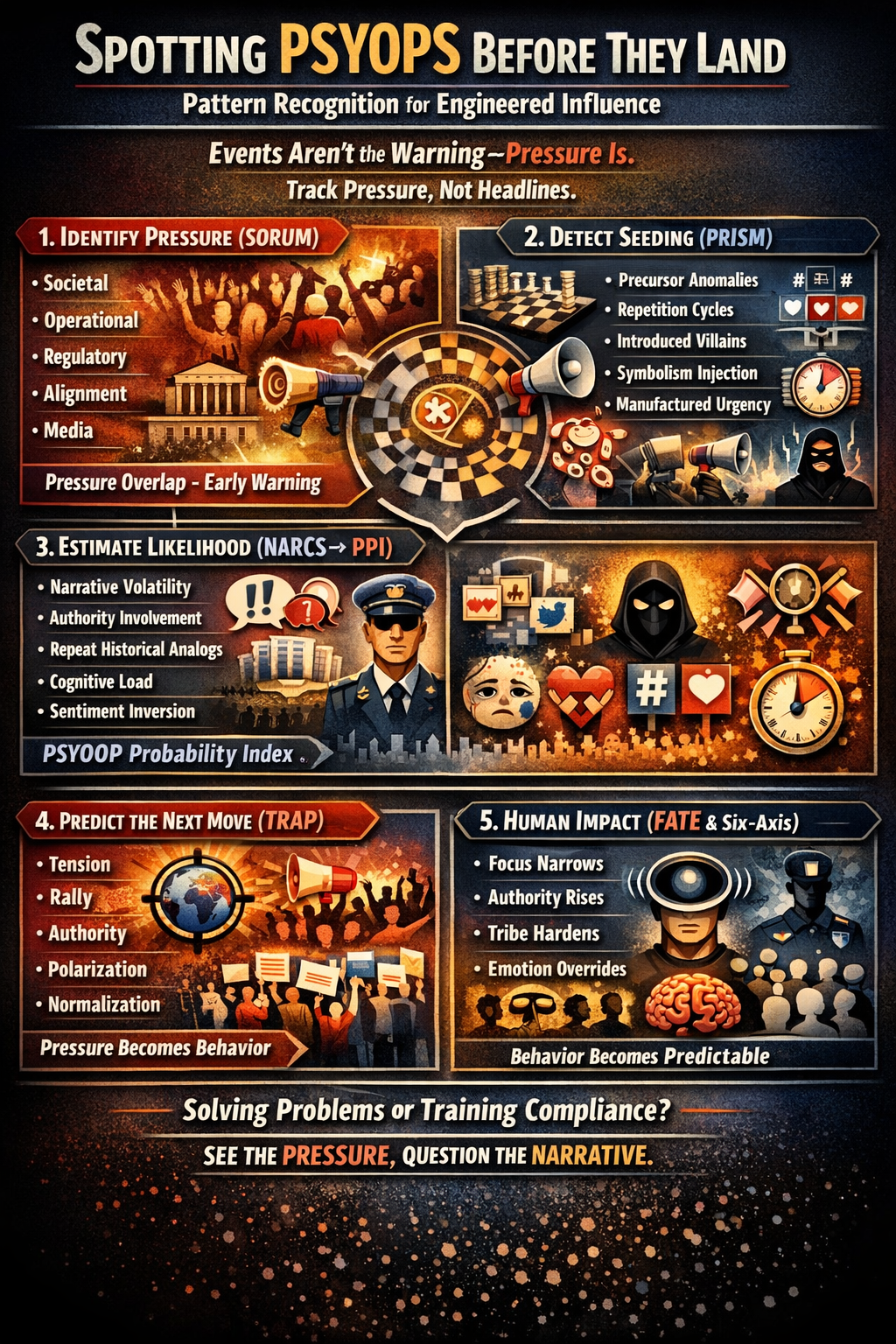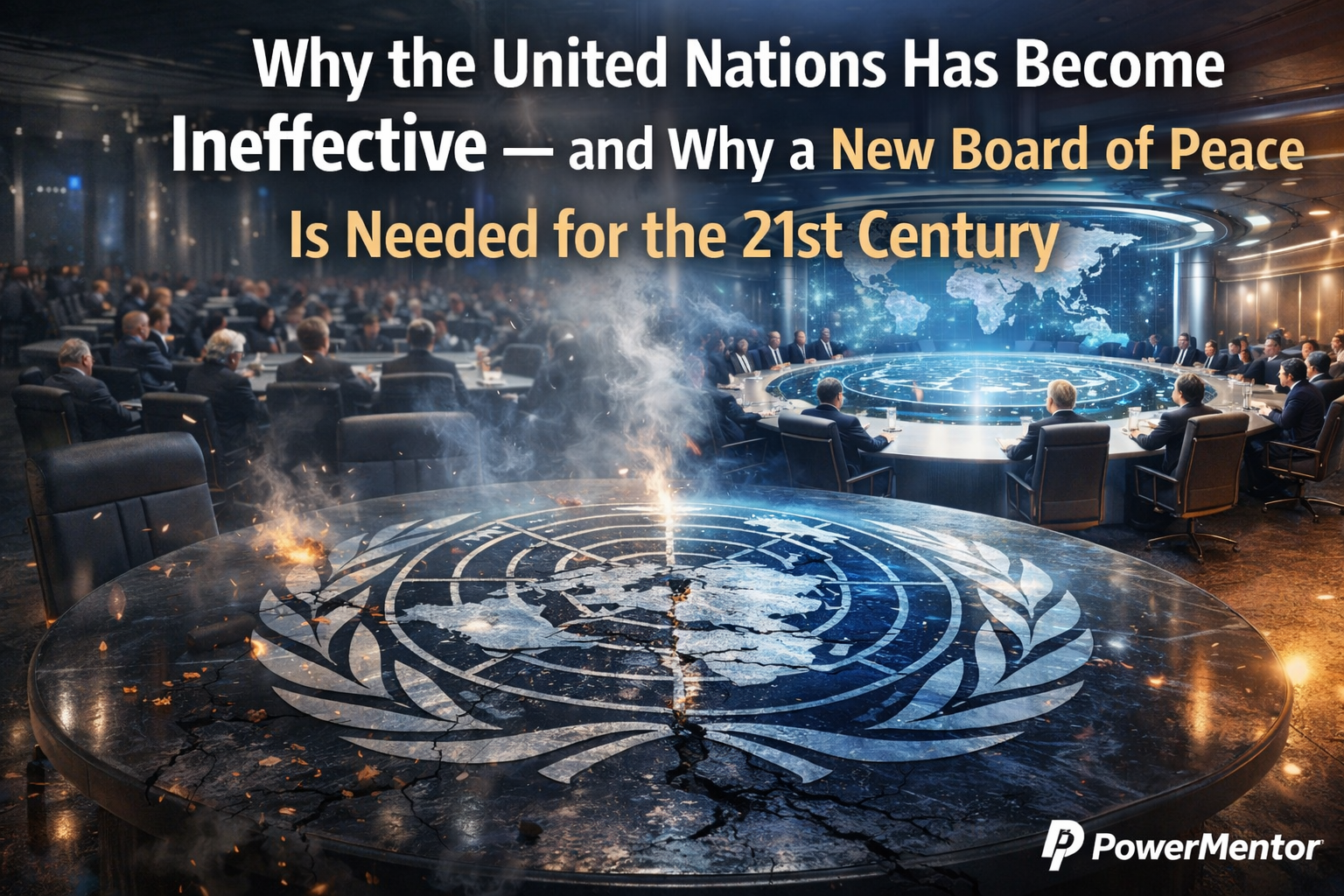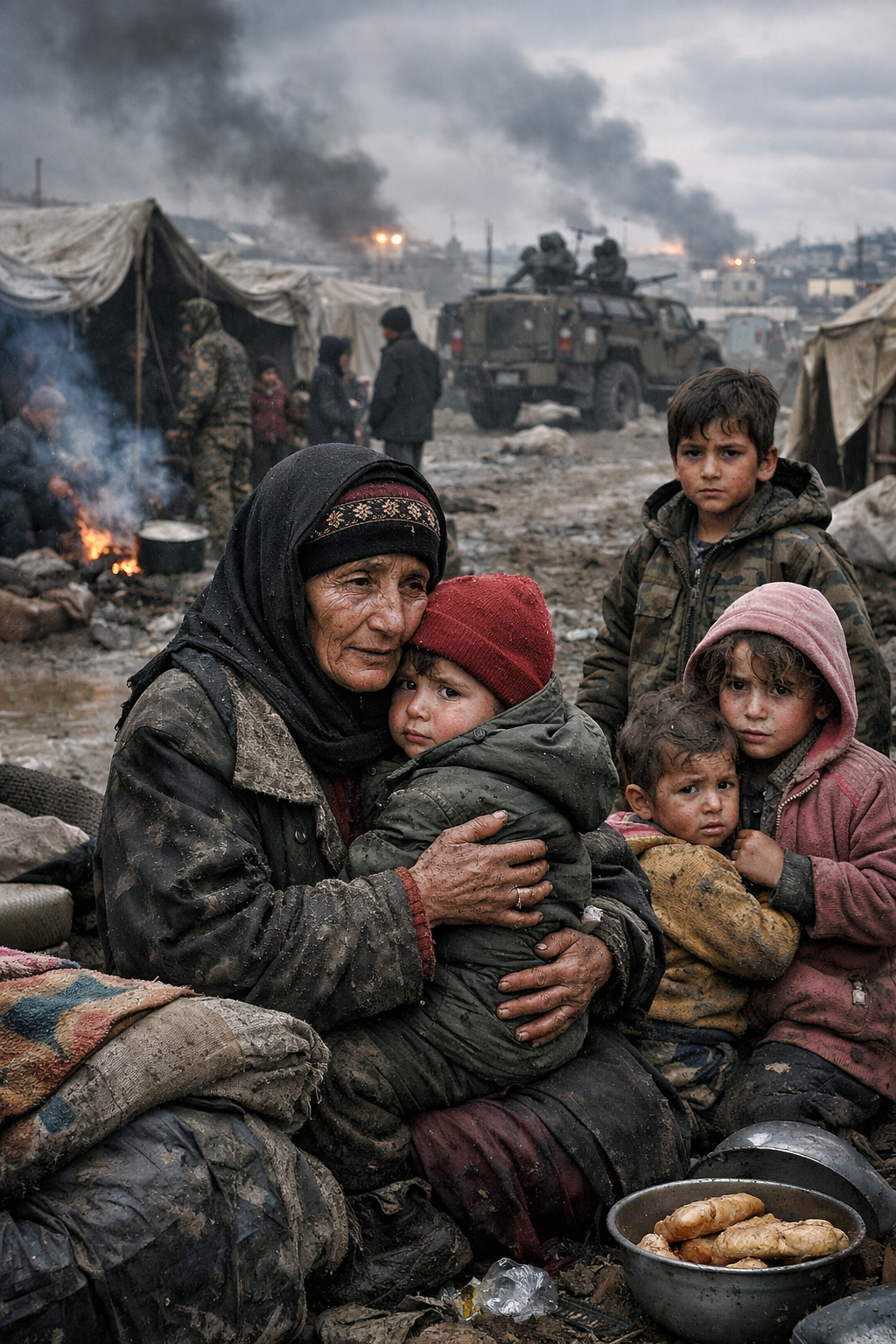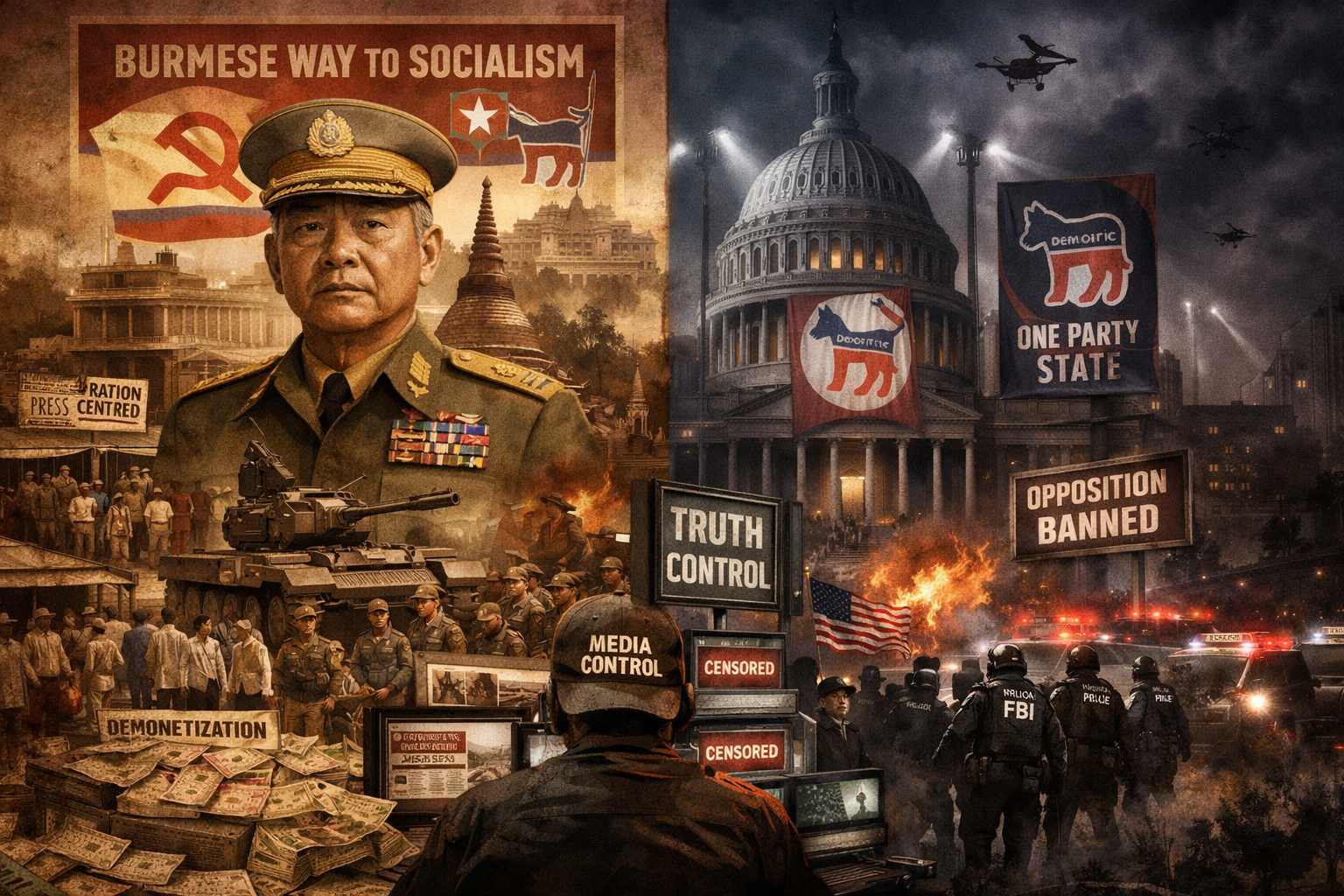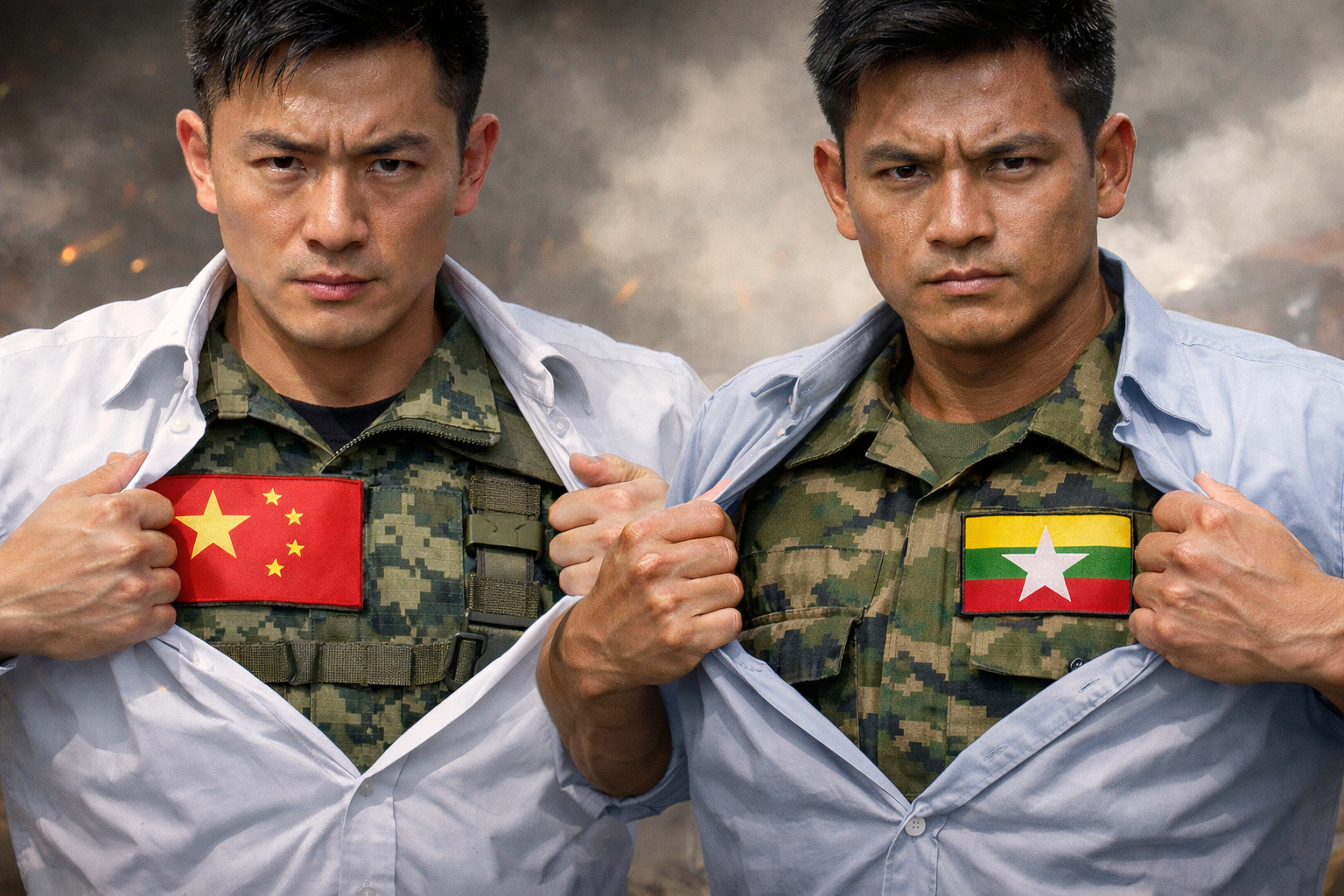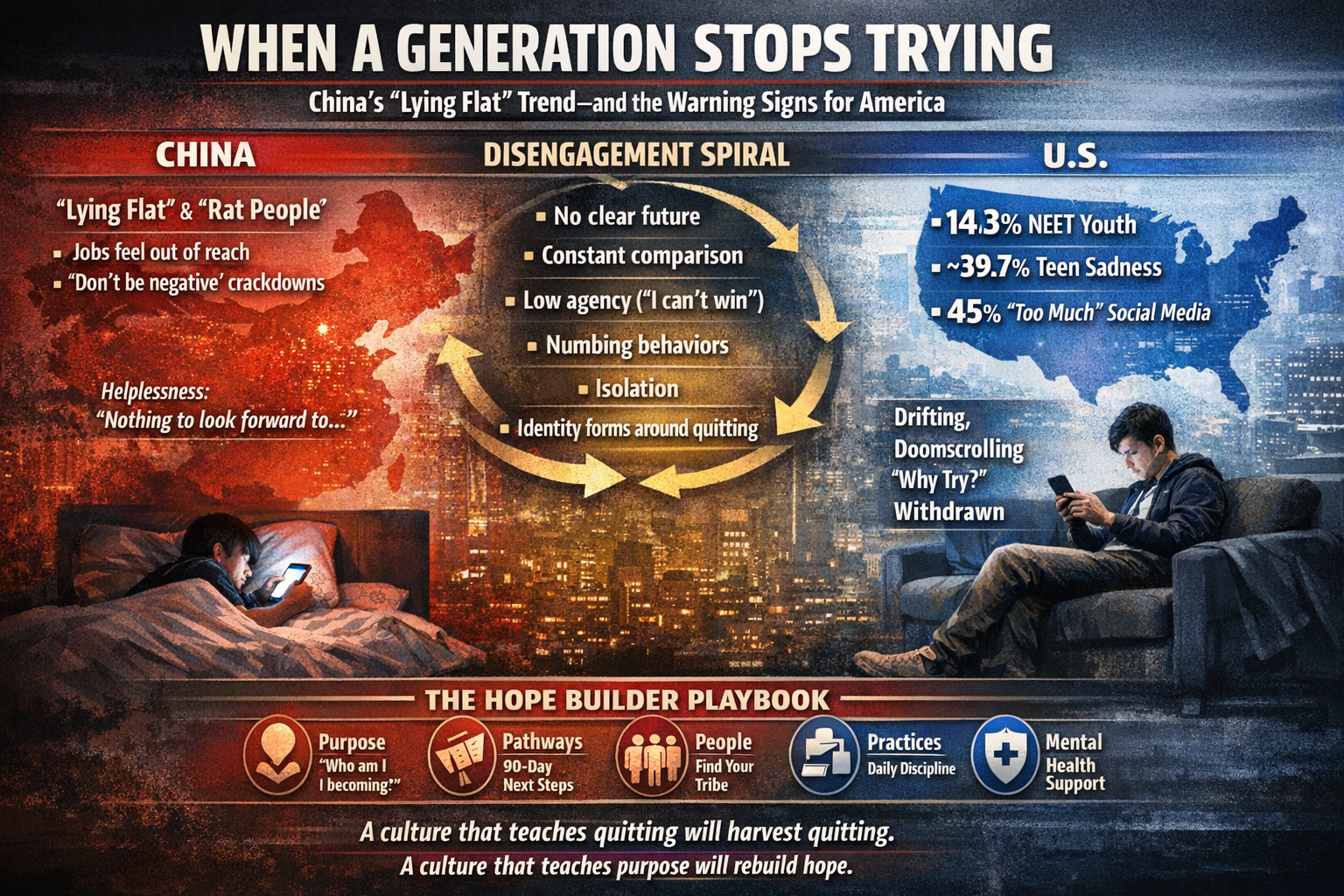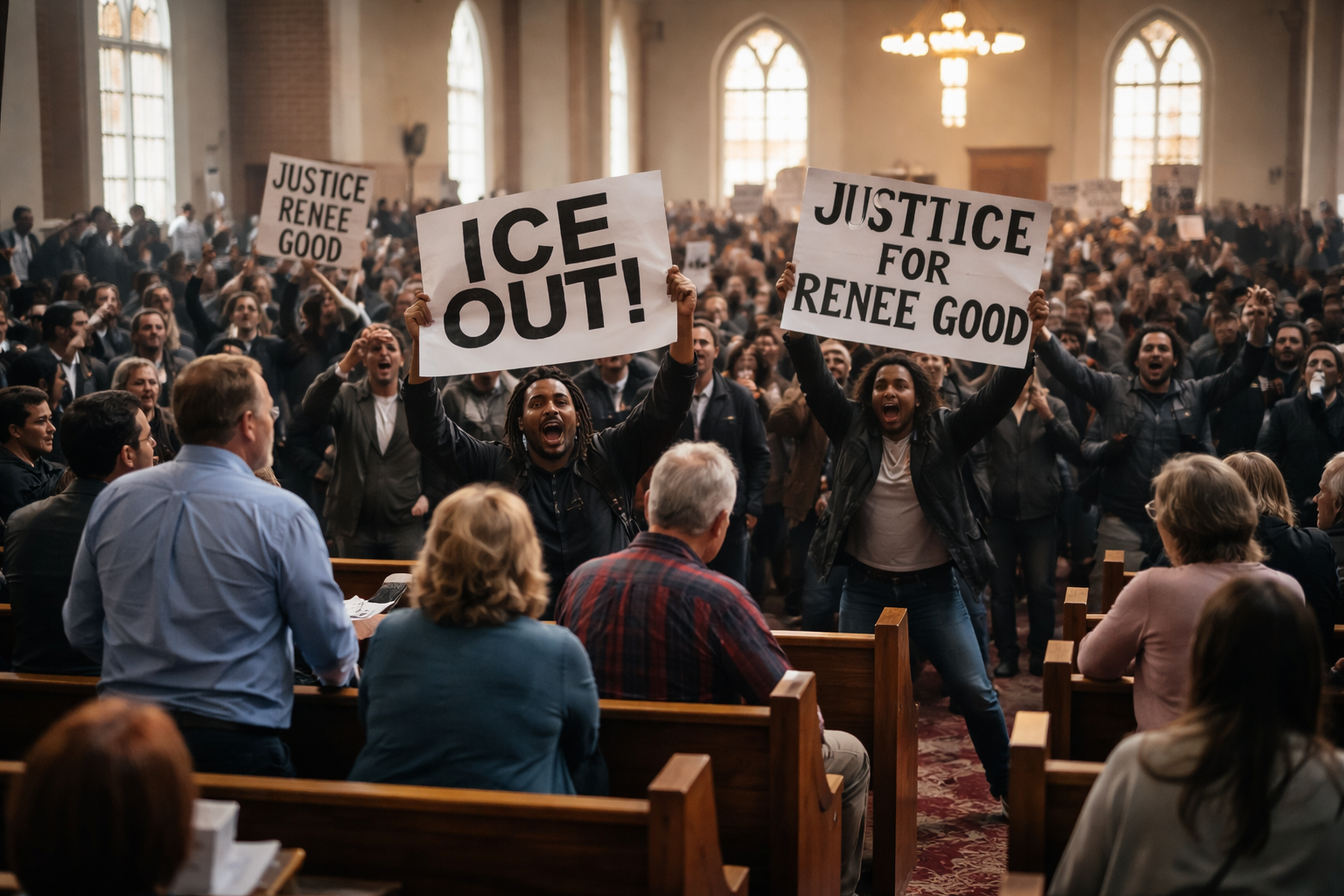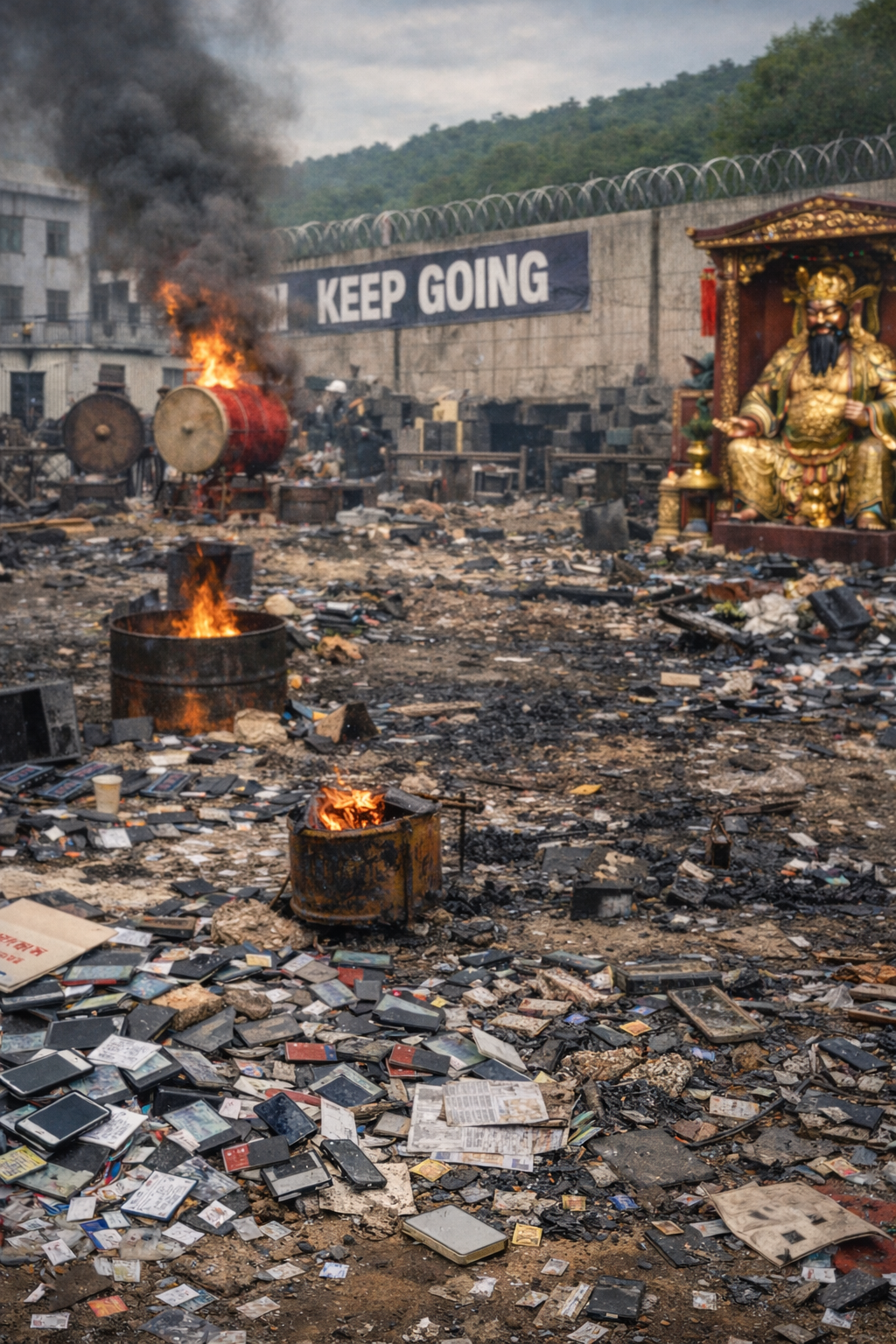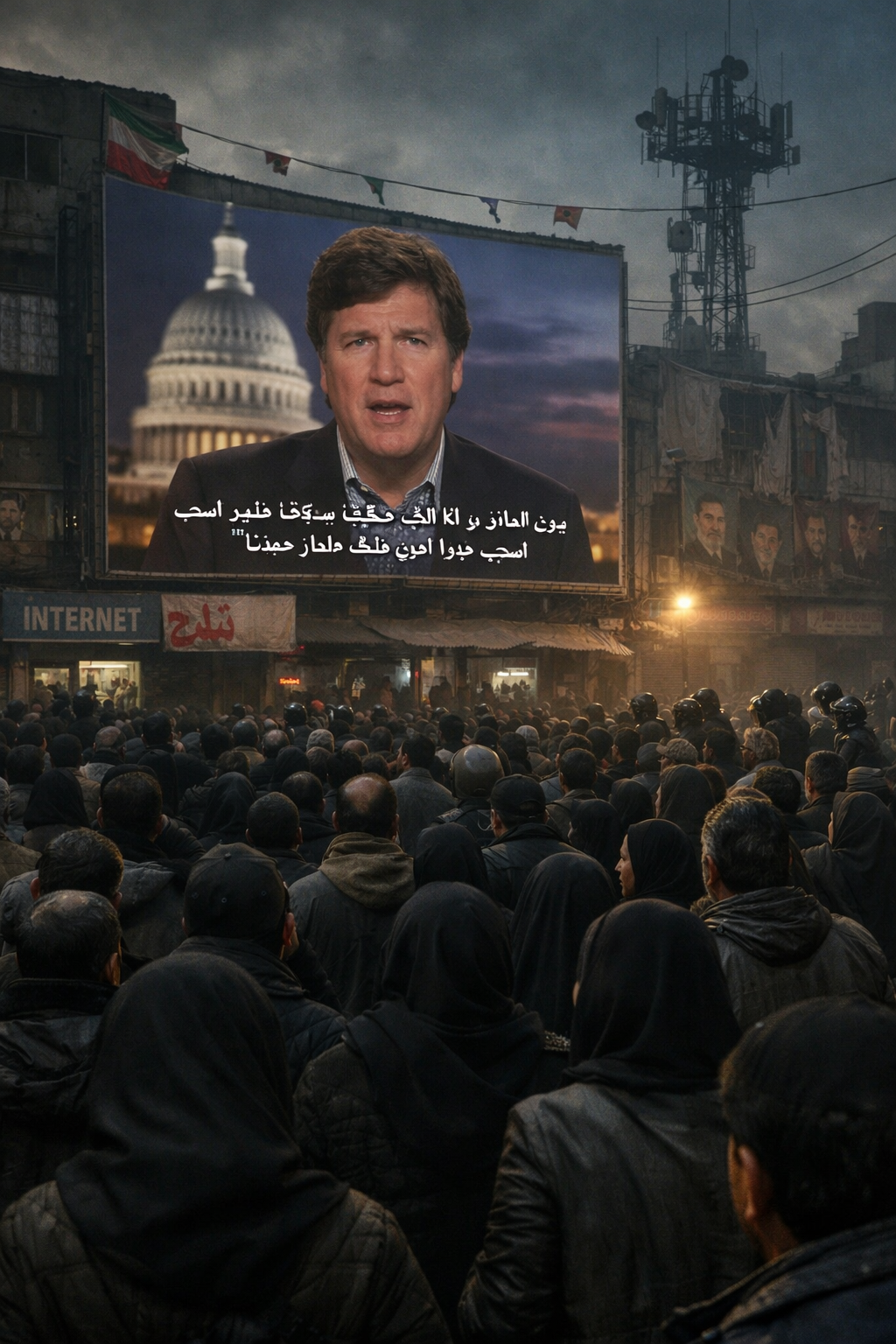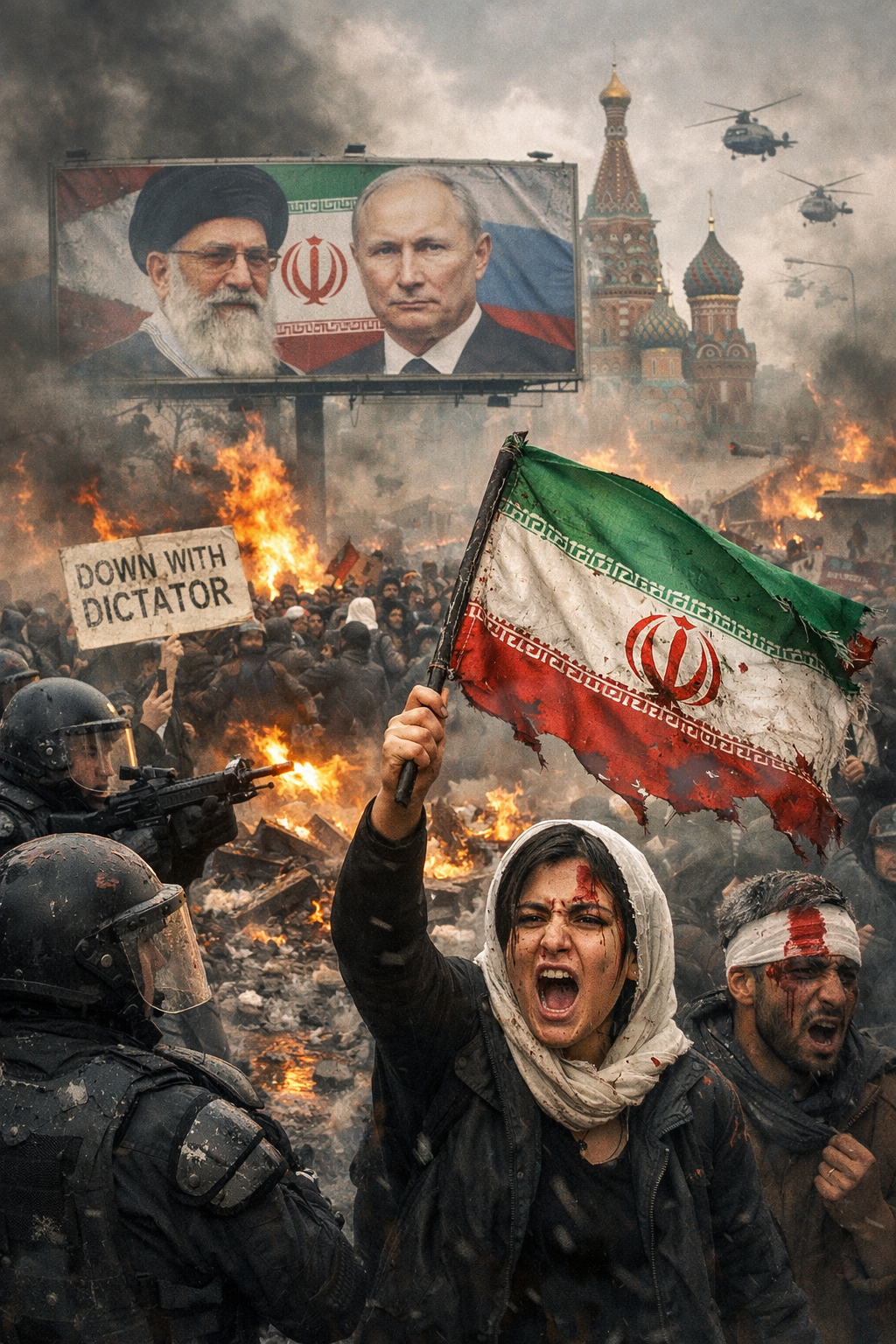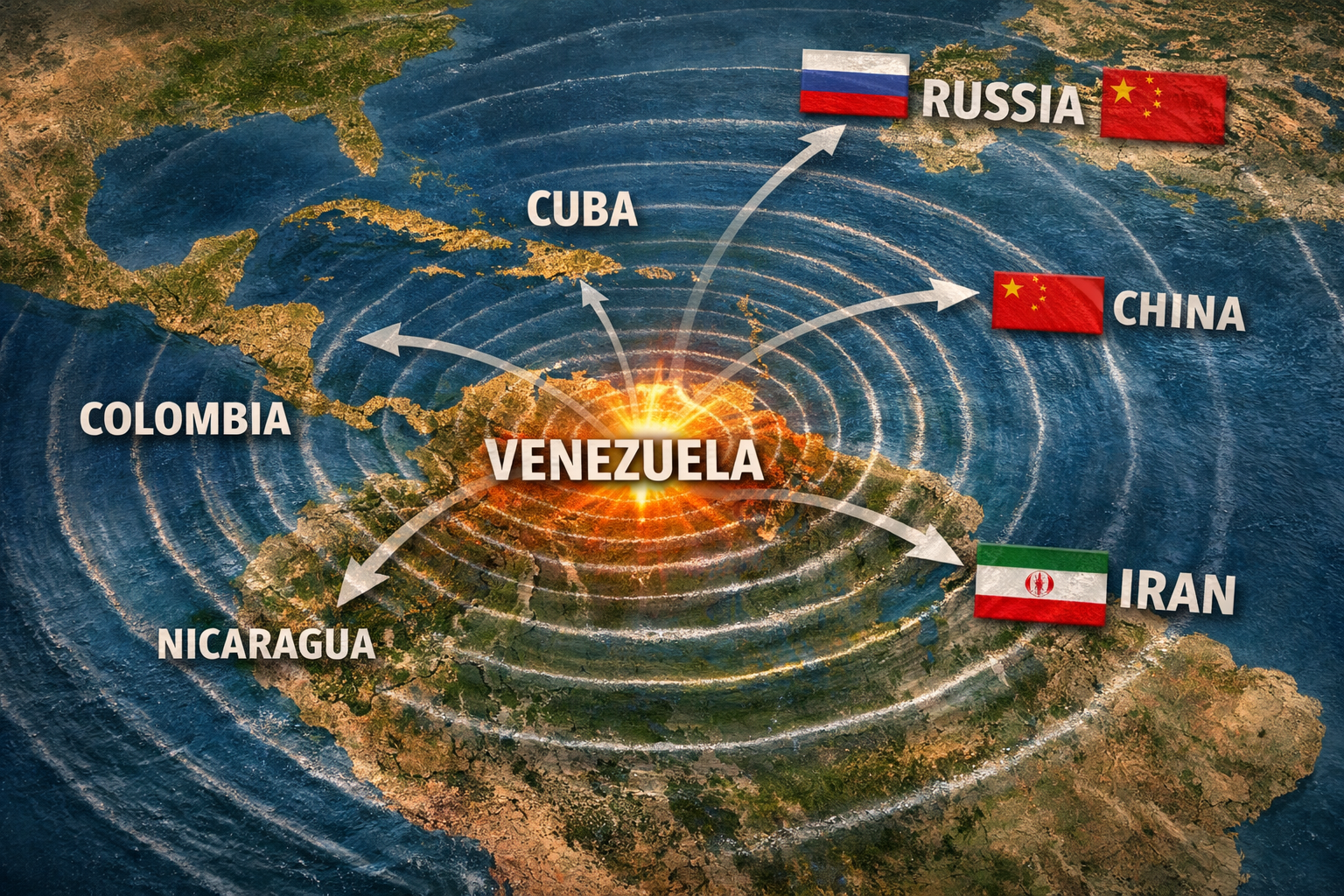
The PowerMentor Institute for Freedom and Justice explores leadership, freedom, and democracy issues with a commitment to those seeking freedom and self-determination, empowering those in regions with totalitarian control. We conduct thorough research using AI and other tools to provide the most accurate and insightful information available.
Rocket Attack Reported on Mandalay Military Headquarters Amid Claims Junta Leader Min Aung Hlaing Was Present
In the early morning hours of January 27, resistance-linked channels reported a coordinated rocket attack targeting the Burmese military’s Central Military Command (CMC) in Mandalay—one of the most heavily fortified command centers of the junta. According to claims circulating on public Telegram boards, the attack occurred around 4:30 a.m. and involved multiple resistance groups operating under a joint operation framework.
The posts allege that five 107mm short-range rockets were launched at the CMC complex, with three successfully fired, as part of what was described as “Mission 50” led by Brave Warriors for Myanmar (BWM). Other groups named in the claim include No More Dictatorship (NMD-PDF), Shadow (Mandalay), and Infinity (Ana).
Most notably, the Telegram posts assert—without independent confirmation—that Senior General Min Aung Hlaing, the head of Burma’s military junta, was temporarily staying inside the targeted facility at the time of the attack.
When Sanctuary Policies Collide with Federal Law: The Minneapolis ICE Confrontations and Their Consequences
The situation in Minneapolis–St. Paul, Minnesota, began with the immigration and sanctuary policies pursued by Governor Tim Walz, who established Minnesota as a sanctuary state—refusing to cooperate with federal immigration enforcement authorities. At the same time, Minneapolis Mayor Jacob Frey continued to resist efforts to have local officers assist federal authorities in identifying and detaining illegal aliens with criminal histories. This resistance contributed to an environment where federal enforcement action became inevitable, since immigration laws must be upheld and enforced. In addition, billions in fraud involving taxpayer dollars, has become part of the broader public frustration fueling demands for stronger enforcement and accountability, with many Minnesota state employees that blew the whistle while much of it was instead covered up.
Overwhelming public support for President Donald Trump was driven in large part by a desire for stricter immigration enforcement and a perception that existing policies were not effectively addressing crime and unauthorized immigration. When tensions escalated, Walz and Frey were seen by many as aligning—whether directly or implicitly—with left-leaning activist groups, such as Indivisible Twin Cities, which became increasingly aggressive in their confrontations with federal agents. Protesters engaged in behaviors that are clearly obstructive and dangerous, such as throwing objects and using vehicles to impede enforcement actions of the federal agents which is a felony.
Inside Indivisible: The Money, the Ideology, and the National Machine Powering Violent Protestors
This article examines how Indivisible National and Indivisible Twin Cities functions as part of a broader national infrastructure that moves money, narratives, and logistics from elite donor networks into local political pressure campaigns. Drawing on public grant records, organizational disclosures, and the analytical framework outlined in Peter Schweizer’s The Invisible Coup, the article traces how national funding pipelines, ideological alignment, and permissive political environments converge to produce coordinated local unrest—particularly in places like Minnesota’s Twin Cities.
What emerges is not a story of isolated civic engagement, but of institutionalized activism: a system in which NGOs, philanthropy, political leadership, and street-level tactics reinforce one another while accountability becomes increasingly diffuse. Understanding this system is essential—not just to interpreting individual protests, but to assessing how modern power is exercised, quietly and at scale, outside traditional democratic checks.In The Invisible Coup, Peter Schweizer argues that the modern U.S. immigration system is not merely “broken” or overwhelmed, but is being deliberately leveraged as a tool of power. Schweizer frames this as a “coup” not in the military sense, but as a quiet shift in sovereignty and governance, where enforcement priorities, demographic outcomes, and institutional authority change without clear public consent.
St. Paul at the Fault Line
A neutral scenario analysis of two competing narratives—and where each path can realistically lead
St. Paul (and the broader Twin Cities political ecosystem) is in a pressure moment where two worldviews are colliding in real time:
Republicans see the moment as a necessary reset: reassert rule of law in immigration, restore election integrity, and clamp down on entitlement fraud they believe has been tolerated or enabled, deport illegal aliens that have committed crimes. Republicans are pushing an American First agenda, with conservative values.
Democrats see the moment as an overreach: they argue entitlements are essential, and that aggressive immigration enforcement risks their voter base—and they suspect Republicans are pursuing removals and strict enforcement to weaken the voter base. Democrats are pushing a leftist agenda, with globalist ideology.
This is now intensified by two contested incidents Republicans view as pivotal to public opinion:
Renee Good, 37 (shot after obstructing enforcement activity from ICE, and driving toward officers)
Alex Tpretti, 37 (shot after an alleged confrontation with ICE while armed, interfering with an arrest)
Meanwhile, Governor Tim Waltz and Mayor Jacob Frey become central actors: both are exposed to political risk because of fraud claims tied to the Somali population—including allegations they had knowledge or failed to act.
What follows is a two-sided analysis, and a set of likely outcome paths the situation can take.
Before the Crisis Comes the Pressure: How Modern Psychological Operations (Influence) Is Engineered, Scaled, and Normalized
Seeing the Pressure Before the Headline: How Psychological Influence Really Works in the Modern World
In an age of nonstop news alerts, viral outrage, and rapid-fire crises, many people feel like events are constantly surprising them. Pandemics, social movements, geopolitical shocks, cultural flashpoints—everything seems to arrive suddenly, fully formed, and emotionally charged.
But what if the surprise isn’t the event itself?
What if the real signal happens before the headline—quietly, structurally, and predictably?
This article introduces a pressure-based framework for understanding modern psychological influence, sometimes called psychological operations (PSYOPs). The goal is not to promote paranoia or conspiracy thinking. It is to help readers become literate in how influence works, so they can recognize patterns, think clearly under pressure, and avoid being unintentionally steered.
Stop Predicting Events. Start Tracking Pressure.
Why the United Nations Has Become Ineffective — and Why a New Board of Peace Is Needed for the 21st Century
For nearly eight decades, the United Nations has been positioned as the central global body responsible for maintaining international peace and security. Established in the aftermath of World War II, the UN was designed to prevent another global catastrophe through collective security, diplomacy, and cooperation.
Yet today, amid escalating wars, proxy conflicts, humanitarian catastrophes, and geopolitical paralysis, the UN is widely viewed as ineffective, compromised, and structurally incapable of resolving modern conflicts. This reality has driven renewed calls for an alternative framework — one designed for speed, accountability, and outcomes rather than procedure and politics. The proposed Board of Peace represents such an approach.
This article examines why the UN has failed, how corruption and structural weaknesses undermined trust, and why a new peace architecture is increasingly necessary.
When the Screen Becomes the Recruiter: How Americans Are Being Radicalized — and Why It’s Accelerating
A troubling pattern is showing up across headlines, court filings, and intelligence briefings: radicalization no longer needs a physical pipeline. No charismatic recruiter. No secret meeting. No in-person “community.” Increasingly, it just needs a phone and enough time alone with an algorithm.
Former U.S. diplomat Simon Hankinson recently argued that we’re seeing a rise in what he called “lone wolf amateur terrorism,” where violence or attempted violence is pursued by individuals who appear to have been pulled into extremist ideologies primarily through online interactions. Whether or not one agrees with every framing or conclusion, the underlying reality is hard to ignore: “screens alone” can now supply the propaganda, the social reinforcement, the tactical guidance, and the sense of belonging that used to require real-world proximity.
Northern Syria Update: Displacement in Qamishli, Fighting Near Hasakah, and Why Kurdish Communities Fear What Comes Next
Humanitarian aid teams on the ground in Qamishli (northeastern Syria) says they’re now seeing thousands of Kurdish families displaced again—many for the third time—after fresh violence pushed people to flee with little more than what they could carry. In their update, the team frames what’s unfolding as more than a wintertime relief crisis: it’s a warning that if the fighting expands, the region could slide into revenge cycles, communal targeting, and mass atrocity risks—especially in a place where security is already stretched thin and memories of past trauma are raw.
That fear isn’t coming out of nowhere. Over the past week, international reporting and humanitarian updates have described a rapidly shifting security landscape across northeastern Syria, with displacement rising even amid ceasefire announcements.
A humanitarian emergency, in the worst possible season
Save the Children, citing UN reporting, said about 10,000 people were forced from their homes in northeastern Syria in recent days, including an estimated 5,000 children. Families have been arriving at camps and collective shelters already strained—some impacted by weeks of heavy rain and flooding.
UNICEF reporting in mid-January also described displacement pressures extending into Al-Hasakeh (Hasakah) and Qamishli, with mobile teams supporting families in collective shelters and partners assisting with basics like hygiene support, water trucking, and health consultations.
When a Country Becomes a Captive: Ne Win’s Burma Playbook—and Why Americans Argue About Similar “Soft” Tactics Today
People throw around the phrase “one-party state” too casually. If you want to understand what it actually looks like in real life, you study General Ne Win—because he didn’t just “govern poorly.” He captured Burma (Myanmar) and rebuilt it so competition, dissent, and independent information could not survive.
Then you ask the harder question: Are there modern “tactic rhymes” inside U.S. politics—specifically on the Democratic side—where control is pursued through softer mechanisms like institutional pressure, platform gatekeeping, and opposition-delegitimization?
Part I — What Ne Win Actually Did: The Authoritarian Blueprint
1) He converted politics into a legal monopoly
Ne Win took power by coup in 1962, and the regime built the “Burmese Way to Socialism” with the Burma Socialist Programme Party (BSPP) as the sole legal party.
A key legal step was the 1964 Law to Protect National Unity, which formally banned all political parties except BSPP and confiscated their assets—this is what “destroying the opposition” means in real terms.
If ICE Contacts You:
Community Notice (Green Card Renewal):
We’re sharing this infographic to help dispel misinformation going around our community. Some people are being told not to renew their Green Card because they’ll “get deported” — that is not true for typical 10-year Green Card renewals. Renewing (Form I-90) is generally an ID renewal/replacement, not “re-applying for status.”
Please renew on time so you don’t run into problems with work, travel, or IDs.
If you have any criminal record/arrests or a complicated immigration history, talk to a qualified immigration attorney or accredited legal provider before filing, just to protect yourself and get the right guidance.
Also, if you may be eligible for U.S. citizenship, it’s worth exploring — it can provide long-term peace of mind.
Allegations of Chinese Military Presence in Burma (Myanmar): What Is Being Reported—and Why It Matters
Reports emerging from Burma (Myanmar) have intensified concerns across the region, alleging that as many as 100,000 Chinese soldiers have been deployed inside the country in non-traditional forms, including operating in civilian clothing and embedded roles rather than overt military formations. While these claims have not been independently verified by international monitoring bodies, they are being widely discussed by local sources, regional observers, and communities living near contested areas. The Burmese military (Tatmadaw) also has a documented history of deploying soldiers in civilian clothing, a practice frequently reported by local communities and conflict monitors as a means of concealment, intimidation, and operational deniability.
This article outlines what is being alleged, why such a deployment—if accurate—would be strategically significant, and how it fits into the broader Burmese and Chinese relationship.
When a Generation Stops Trying: A PowerMentor Perspective on Disengagement—and How Purpose Changes Everything
At PowerMentor, we spend our time with young adults others have already written off.
Not because they are lazy.
Not because they lack intelligence.
But because somewhere along the way, hope broke.
What China now calls “lying flat”—choosing to disengage from work, ambition, and effort—is not a foreign anomaly. It is a warning signal. And it is one we would be foolish to ignore.
Because we are seeing the early versions of the same collapse here in the United States.
Disengagement Is Not Rebellion—It Is Resignation
In China, young people have given a name to what they are feeling:
“Why try if the future is closed?”
They sleep late. Scroll endlessly. Do the minimum. Some openly identify as “rat people,” existing rather than building, waiting rather than striving.
This is not protest.
It is psychological surrender.
A Church Under Siege: The Day Anti-ICE Protesters Invaded a Minnesota Worship Service
Storming the Sanctuary: Anti-ICE Activists Disrupt Worship in St. Paul
A Sunday service. A sanctuary. Families gathered to worship. And then a political mob decided the church pews were their new protest stage.
On Sunday, January 18, 2026, a group of activists entered Cities Church in St. Paul, Minnesota and interrupted the worship service—chanting slogans like “ICE out” and “Justice for Renee Good.”
This wasn’t a protest outside. This was a takeover inside—in the middle of Christian worship.
What happened (the clean timeline)
Activists moved into the sanctuary during the service and began chanting, according to video and multiple reports.
Organizers cited include Black Lives Matter Minnesota and the Racial Justice Network, Don Lemon who was agreed to livestream, per reporting and DOJ-related coverage.
The protest centered on the allegation that Pastor David Easterwood is also employed by ICE in Minnesota.
The service was forced to conclude because of the disruption.
Shunda Park: When Karen Land Becomes a Factory for Global Fraud — and Why Whistleblowers Like Nerdah Bo Mya Keep Getting Attacked
In December 2025, the world got a rare look behind the razor wire.
Shunda Park — a purpose-built “office park” in Min Let Pan, Karen State — wasn’t designed to create jobs, grow the local economy, or serve a community. It was engineered to industrialize deception: rows of computers, staged “executive” rooms for video calls, scripts and notebooks on how to manipulate victims, and a culture that celebrated theft like a sales milestone. Reports describe thousands of workers from dozens of countries, some trafficked or coerced, pushed through relentless quotas and brutal punishment systems.
And here’s the part too many people miss: Karen communities didn’t build this. Karen communities are living inside the blast radius—caught between war, displacement, and transnational crime networks that use conflict zones as cover.
Tucker Carlson in Persian While Iran Goes Dark: How the Internet Blackout and a Regime-Friendly Interview Became a Propaganda Machine
As Iran’s protest movement intensifies, the Islamic Republic has moved on two tracks at once: cut the country off from the internet while flooding state TV with curated messaging—including Persian-dubbed Tucker Carlson content.
Sources inside Iran are consistent with what outside reporting has captured: when the internet is throttled, IRIB becomes the loudest—and for many, the only—national feed. In that information vacuum, clips from Carlson’s interview with Iran’s leadership can be edited into “proof” that the regime is right and its critics are liars.
Part I — The Blackout: Why the Regime Turns the Internet Off First
Recent reporting describes Iran instituting an internet blackout as protests spread and the state escalates threats and repression.
This is not just censorship—it’s operational control:
Disable protest coordination (group chats, meet-ups, rapid response to security deployments).
Stop visual evidence (videos of shootings, arrests, funerals) from circulating.
Delay and distort casualty reality long enough for state TV to define the narrative first.
With the internet constrained, the regime’s messaging doesn’t need to “win” online—it just needs to dominate the offline channel (television) that remains available.
Greenland’s Watchtower: The Front Edge of Western Hemisphere Defense
Why Greenland matters strategically (the core drivers)
1) Geography that plugs straight into North America’s defense network
Greenland sits on the shortest “great-circle” routes between North America and Europe—and between Russia’s Arctic and North America. That geography is why the U.S. has maintained a major defense presence there since the early Cold War under a U.S.–Denmark defense agreement.
What that buys the U.S.:
Earlier warning time for threats coming over the Arctic (the fastest path for many missile trajectories).
A forward sensor position that’s hard to replicate elsewhere because Greenland is physically “in the way” of the Arctic approach.
2) Pituffik (Thule) = missile warning + missile defense sensing + space domain missions
The U.S. Space Force is explicit about why Pituffik Space Base exists: it supports Missile Warning, Missile Defense, and Space Surveillance through its radar and tracking capabilities.
Iran’s New Uprising: Courage in the Streets, Brutality from the State, and Rumors of a “Plan B” Exit
Across Iran, a new wave of nationwide protests has grown from economic anger into open rejection of the Islamic Republic—despite live-fire crackdowns, mass arrests, and a near-total communications blackout that appears designed to conceal the scale of repression.
What’s happening right now (latest status)
Protests: Demonstrations that began in late December 2025 have continued into January 2026, spreading beyond Tehran into many cities and provinces, with reports of strikes, market closures, and campus activity.
Internet blackout: Iranian authorities have sharply restricted or cut off internet and international connectivity—making it harder to document deaths, arrests, or abuses, and harder for families to locate detained relatives.
Crackdown: Multiple human rights organizations report lethal force, arbitrary detention, and intimidation tactics used against protesters and bystanders.
Because Iran’s communications have been disrupted, fatality and detention totals vary by source and can change quickly; reputable outlets and rights monitors consistently emphasize that confirmed figures may undercount the real toll.
Venezuela’s Shockwave: The Domino Effect That Could Rattle Cuba—and Rewire the Iran–Russia–China Axis
On January 3, 2026, the United States launched a raid in Caracas—part of an operation publicly described as “Operation Resolve”—and captured Venezuelan leader Nicolás Maduro and his wife, moving them into U.S. custody. That single event has already triggered rapid aftershocks inside Venezuela, across the Caribbean, and among the extra-hemispheric powers that treated Caracas as a strategic foothold.
What happens next isn’t just a Venezuelan transition story. It is a regional stress test—and potentially a global one.
1) Why Venezuela is the keystone domino
For years, Venezuela functioned as more than a troubled petrostate. It became an operational hub where aligned governments could trade oil, move money, share intelligence methods, and test how far influence could reach inside the Americas.
The capture of Maduro doesn’t automatically produce stable democracy or immediate economic recovery. But it does disrupt the architecture that made Venezuela useful to other regimes—especially those that benefited from sanctions-dodging networks, security cooperation, and politically protected oil flows.
The Silent Strike: How a High-Tech Operation in Venezuela Changed Modern Warfare
A Raid That Shook the World
On January 3, 2026, an unprecedented United States military operation unfolded in the heart of Caracas, Venezuela. In a predawn raid code-named Operation Absolute Resolve, U.S. forces captured Venezuelan President Nicolás Maduro and his wife Cilia Flores, flying them to New York to face federal charges in U.S. courts. The action stunned global audiences and marked one of the boldest uses of U.S. special operations since the post-9/11 era.
The raid involved elite U.S. units, including Delta Force and other Special Operations forces, backed by months of intelligence, drone surveillance, and a coordinated air and ground assault. Although U.S. officials described the mission as a decisive blow against narcotics trafficking and authoritarian rule, the scale and technology displayed have ignited intense debate worldwide.
Beyond Bullets: Claims of Sci-Fi-Like Directed-Energy Use

